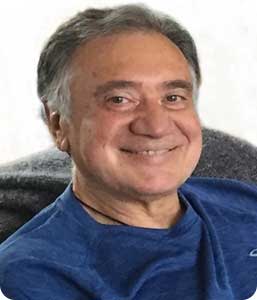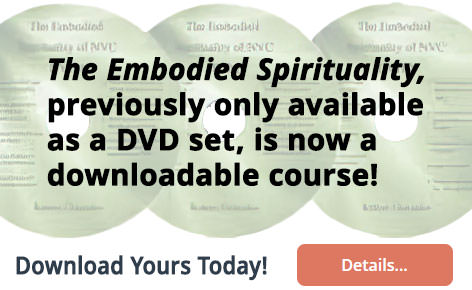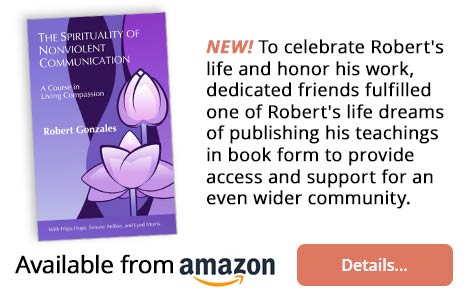

Welcome to the Robert Gonzales Training Legacy. Here you can learn more about Robert and the powerful teachings he dedicated his life to. NVC Academy is proud to house and share with you the complete body of his life's work. We invite you to explore, learn, and help keep his legacy alive!
Robert's passion was in the spirituality of the Nonviolent Communication (NVC) process. He saw NVC both as a process that helps people connect more authentically with themselves and others, and as a spiritual practice and way of living. The worldwide NVC community mourned when Robert died in 2021. He left behind a legacy of work that emerged from a lifetime of inquiry into the intersection between spirituality and human communication. More about Robert.
Article
7 - 11 minutes
With abundant evidence that most people have unconscious biases against people --even when that bias runs counter to their own values-- there's a strong chance you recreate this disconnect with people far more often than you recognize. So even with a high degree of NVC skills you may behave in a way that seems "NVC" but also reproduces the painful patterns that marginalized people all-too-often experience. Read on for ways to transform pitfalls of NVC into more reliable connection.
Details...Article
6 - 8 minutes
The less blame and criticism, the easier it is for others to hear us. From this perspective, it’s in our best interest to come from curiosity and care. This way differences can bring us together and help us know one another. The more mutual understanding, the easier it is to work together and find creative solutions. Read on for more on this, with a story about how a black man inspired 200 members of the KKK to leave the organization.
Details...Article
5 - 8 minutes
Sometimes when we regard needs as something that could be met or unmet by another person or by a situation we unconsciously hold the belief that our needs should be met. Or we end up holding blame or implying wrongdoing. People are more likely to resist a request made from this stance. Instead, here are practices to increasingly losen any remaining attachment or demand energy -- and open our hearts to ourselves and others while we make requests.
Details...Article
4-6 minutes
In pandemic we can notice where we seek security. For some, financial systems that seemed to offer security have suddenly become unpredictable. For others, living without such privilege, resources are even more difficult to access. And we become more vulnerable to illness and death. These changes can trigger fear, but also motivate choices that contribute to a sense of security. Read on for more.
Details...Article
6 - 9 minutes
Being self-responsible is about empowerment — via noticing what is potentially in our locus of control, getting to know ourselves better, looking at our own role in how we experience life, and making conscious choices to act within our own power. This requires us to be mindful in relating our stories to our needs. Read on for more on this, and the various pifalls within thinking about self responsibility.
Details...Trainer Tip
1 - 2 minutes
Trainer tip: Why do NVC practitioners sometimes use the jackal as a metaphor in the NVC world? What can it teach us? Read on for more.
Details...Article
5-8 minutes
Using the example of being met with chronic lateness, here are three steps to setting boundaries early in a dating situation or relationship.
Details...Trainer Tip
3 - 5 minutes
This exercise explains four stages of the "Need Cycle": Fulfilled, Emerging, Urgent, Satisfying. It asks us to consider, connect and identify needs, feelings and where we are in the Need Cycle. Then it prompts us to remain mindful of the need for sustenance as we move through the cycle, noticing the subtle shifts in your physical sensations and emotions.
Details...Article
2-3 minutes
In the face of stress you can find ways to be present for what’s happening, rather than being pulled or pushed around by anxious thoughts or fearful feelings. Here are some strategies to return to and maintain expanded awareness.
Details...Article
4 - 6 minutes
"All humans share the same needs" -- tragically, this idea can hide the reality that some people with less power in society have needs that go unmet to a greater extent, much longer, and with more dire consequences. Often, when the marginalized bring up experiences related to their membership in a certain group, their pain isn't acknowledged, and focus shifts to the listener's discomfort. The concept of universal human needs can be used to silence and minimize their pain. Read on for how to proceed.
Details...

